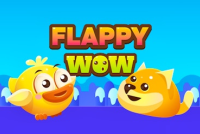Emoji Swastika

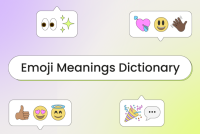


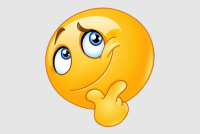

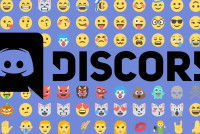
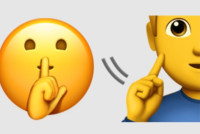




Exploring Emoji Swastika: Symbolism, Controversy, and Cultural Context
The Emoji Swastika 卐 has sparked significant debate and controversy due to its historical and cultural connotations. In this article, we delve into the complex symbolism of the swastika emoji, its impact on various cultures, and the controversies surrounding its use in digital communication.
Understanding the Symbolism of the Swastika
The swastika is an ancient symbol found in many cultures globally, representing auspiciousness, good fortune, and well-being. Historically, it has been used in Hinduism, Buddhism, Jainism, and various other religious and cultural contexts for thousands of years. In these traditions, the swastika symbolizes positivity, harmony, and the cyclical nature of life.
The Swastika in Modern Context
In the 20th century, the swastika gained infamy due to its association with Nazism and the atrocities committed during World War II. Adolf Hitler's adoption of the swastika as the emblem of the Nazi Party transformed its meaning in the Western world, where it became synonymous with hatred, genocide, and white supremacy.
The Introduction of the Emoji Swastika
With the rise of digital communication, emojis have become a universal language for expressing emotions and ideas. The inclusion of the swastika emoji in emoji sets has sparked controversy and ethical concerns worldwide. While some argue for its inclusion as a symbol of cultural heritage and religious significance, others condemn it vehemently due to its association with hate and intolerance.
Cultural Sensitivity and Ethical Considerations
The debate over the swastika emoji raises questions about cultural sensitivity, historical context, and the responsibilities of platform developers and users. Advocates for its inclusion argue that it should be understood in its original cultural contexts, separate from its Nazi association. Critics, however, emphasize the profound pain and trauma associated with the symbol's misuse during the Holocaust and its ongoing impact on affected communities.
Managing the Use of the Emoji Swastika
Platforms and app developers face challenges in managing the use of the swastika emoji responsibly. Many platforms have chosen to restrict or ban its use outright, fearing misuse or misinterpretation. Others opt for contextual guidelines and educational initiatives to promote understanding and respectful use of symbols across diverse cultures.
Conclusion
The Emoji Swastika 卐 embodies a complex intersection of historical significance, cultural symbolism, and contemporary controversy. Its inclusion in digital communication reflects broader discussions on freedom of expression, cultural sensitivity, and the ethical responsibilities of technology companies and users. Understanding its multifaceted nature is crucial for fostering respectful dialogue and navigating the complexities of symbol usage in the digital age.
Discuss: Emoji Swastika



















